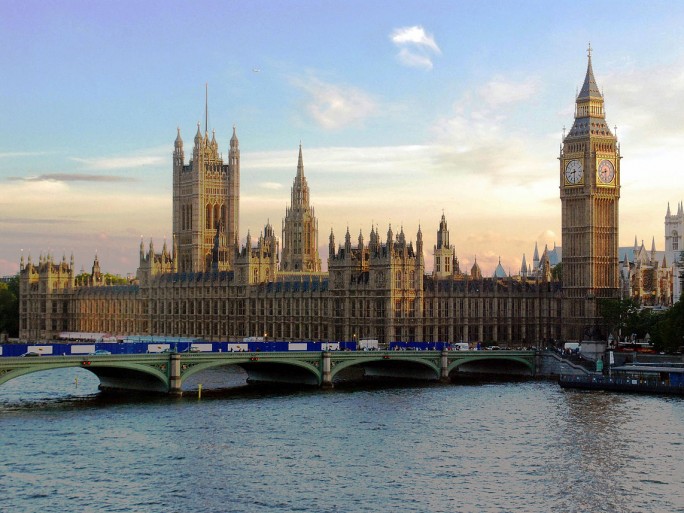Broadband Is More Popular Topic In This Parliament As BDUK Reaches 3.6m Premises

Industry body ISPA says increasing references to broadband show importance of connectivity, as government publishes new BDUK figures
Broadband has been mentioned in the House of Commons 75 percent more during the first nine months of this parliament than during the first few months of the last one (2010-2015), according to the Internet Service Providers Association (ISPA).
The industry body found written questions from MPs increased by 59 percent and broadband was referenced 63 percent more in the nine months after the 2015 General Election and there have been six debates since May 2015.
One of the most notable instances took place in October last year during a debate secured by Matt Warman, former technology editor of The Telegraph and recently-elected Conservative MP for Boston and Skegness.
Parliamentary broadband
 MPs complained about a myriad of issues, including coverage, affordability, lack of transparency from BT and local authorities about rollout and fears of a digital divide. Some said the government made a mistake handing almost all the public money available under the Broadband Delivery UK (BDUK) scheme to BT, claiming it had reduced competition and meant the use of Fibre to the Premise (FTTP) had been limited.
MPs complained about a myriad of issues, including coverage, affordability, lack of transparency from BT and local authorities about rollout and fears of a digital divide. Some said the government made a mistake handing almost all the public money available under the Broadband Delivery UK (BDUK) scheme to BT, claiming it had reduced competition and meant the use of Fibre to the Premise (FTTP) had been limited.
ISPA has attributed to the increase to more the growing importance of broadband among MPs and constituents, an increased understanding of the technology and government-backed broadband projects like Broadband Delivery UK (BDUK), which has provided funding for the rollout of fibre in areas not covered by commercial deployments.
“The massive investment in broadband from ISPA members has helped the Internet become an essential part of our daily lives and this is reflected in the level of parliamentary interest,” said James Blessing, ISPA chair. “That isn’t to say broadband rollout isn’t without challenges and I am glad ISPA is proactively connecting ISPs with local MPs on how to bring the transformative effects of broadband to communities throughout the UK.”
The government has released figures showing the number of properties connected to speeds of 24Mbps and above as a direct result of BDUK stands at 3.6 million. It is expected that the 4 million milestone will be reached by Spring and 95 percent coverage will be achieved by 2017.
Prime Minister David Cameron has said all properties in the UK are guaranteed speeds of at least 2Mbps thanks to a subsidised satellite broadband initiative for which an estimated 300,000 premises are eligible for, and has reiterated that a consultation on a proposed 10Mbps universal service obligation will start in early 2016.
What do you know about fibre broadband? Take our quiz!